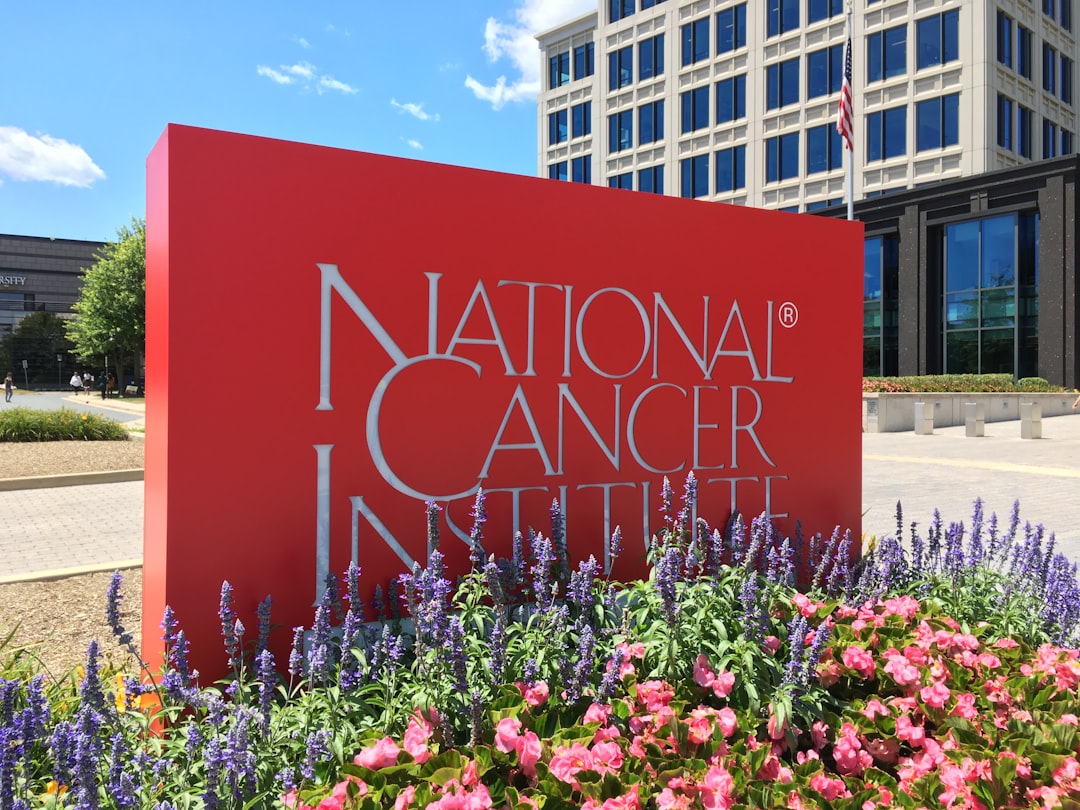What is it about?
Several studies have shown that nitric oxide (NO) and nitric oxide synthase (NOS) system plays an important role in carcinogenesis. Endothelial nitric oxide synthase (eNOS) gene polymorphisms significantly affects serum NO concentrations. Studies addressing the relationship between eNOS gene polymorphisms and prostate cancer (CaP) are very scarce. We examined the association between the 3 eNOS gene polymorphisms (T-786C, G894T, and 4a/b) with risk and clinical features of CaP. One hundred seventy patients with CaP (mean age 63.6 ± 12.4 years) and 340 age-matched healthy controls (mean age 64.9 ± 12.9 years) were recruited in this case-control study.
Featured Image

Photo by Richard Catabay on Unsplash
Why is it important?
Nitric oxide (NO) is generated from L-arginine by 3 nitric oxide synthase (NOS) isoenzymes: neuronal nitric oxide synthase (nNOS/NOS1), inducible nitric oxide synthase (iNOS/NOS2), and endothelial nitric oxide synthase (eNOS/NOS3). Cytogenetic and molecular studies have shown that human chromosome arm 7q contains a gene that may play an important role in the progression of the human prostate cancer (CaP). The human eNOS (NOS3) gene is located on chromosome 7q35–36 and contains 26 exons, and 3 polymorphisms in the eNOS gene have been widely studied.
Perspectives
The studies performed during last decade demonstrated that there are many genes responsible in the etiology of CaP. The formation of NO from L-arginines encoded by eNOS gene, this gene seems to be another candidate gene involved in the prostate carcinogenesis. The exact role of NO in cancer biology has yet to be determined as it has both pro- and anti-tumor functions. In some tumors, NO has been reported to augment tumor angiogenesis and provoke vasodilatation, as a result accelerating tumor growth. In other tumors, a diminished amount of NOS protein was found by immunohistochemistry, and there is a potential association between loss of NO and carcinogenesis. Another explanation is that different tumor cells have different sensitivity to NO mediated cytostasis or apoptosis, in addition, clonal evolution of NO-resistant and NO-dependent cells may occur [31]. Our results provide further evidence that the NO/NOS system stimulates rather than inhibits tumor growth in CaP. It has been shown that NO derived from eNOS or eNOS itself is cytotoxic to tumor cells by way of direct DNA damage and can be antitumorigenic.
Dr Mohammad Reza Safarinejad
University of Medical Sceices
Read the Original
This page is a summary of: Effects of the T-786C, G894T, and Intron 4 VNTR (4a/b) polymorphisms of the endothelial nitric oxide synthase gene on the risk of prostate cancer, Urologic Oncology Seminars and Original Investigations, October 2013, Elsevier,
DOI: 10.1016/j.urolonc.2012.01.002.
You can read the full text:
Resources
Contributors
The following have contributed to this page










